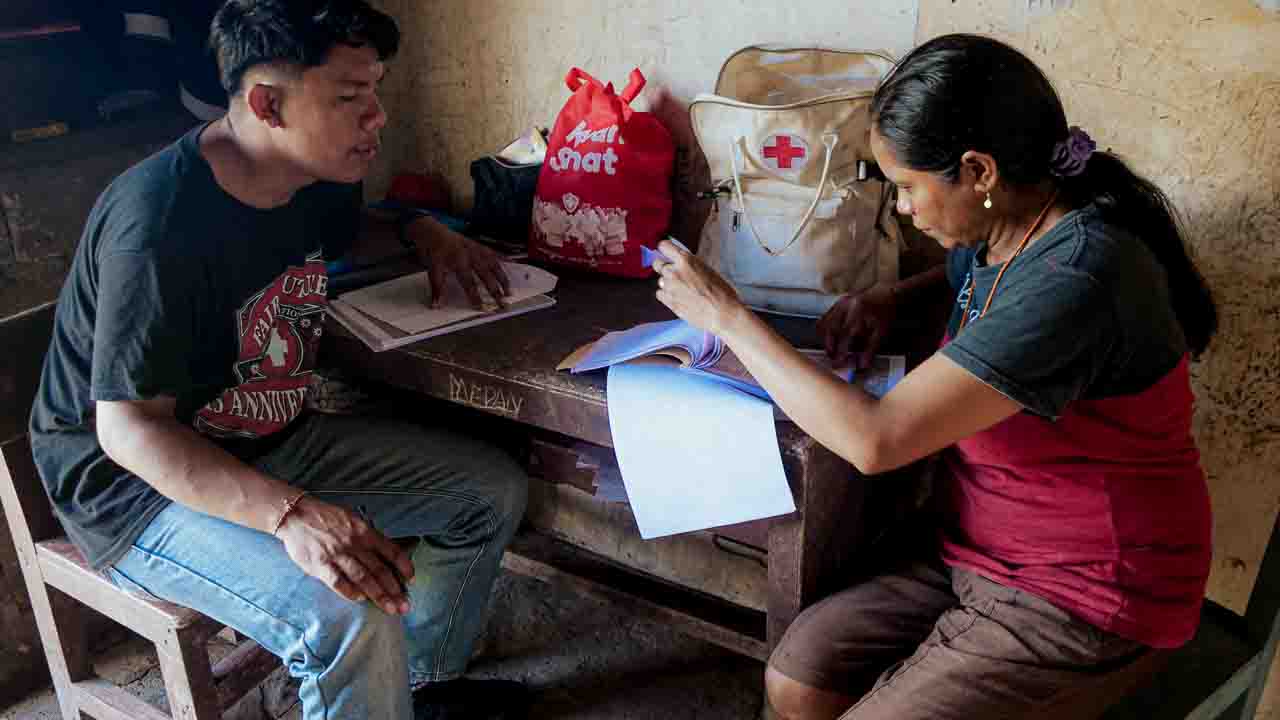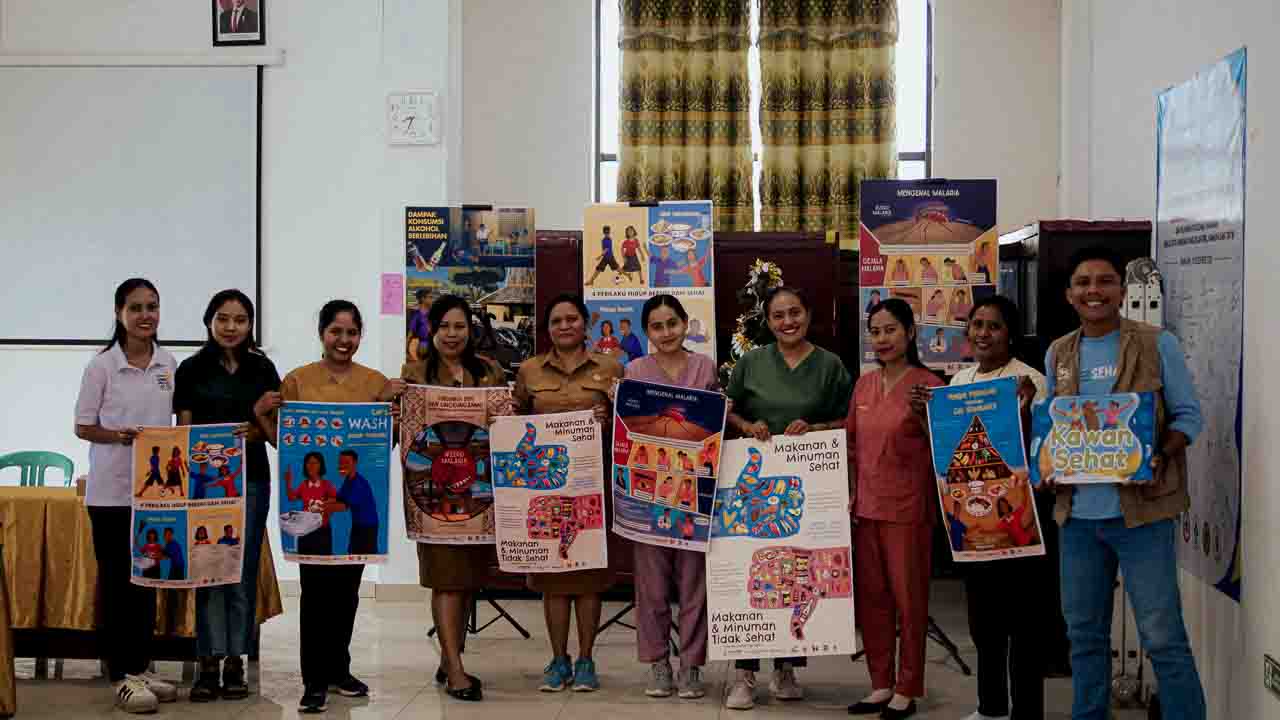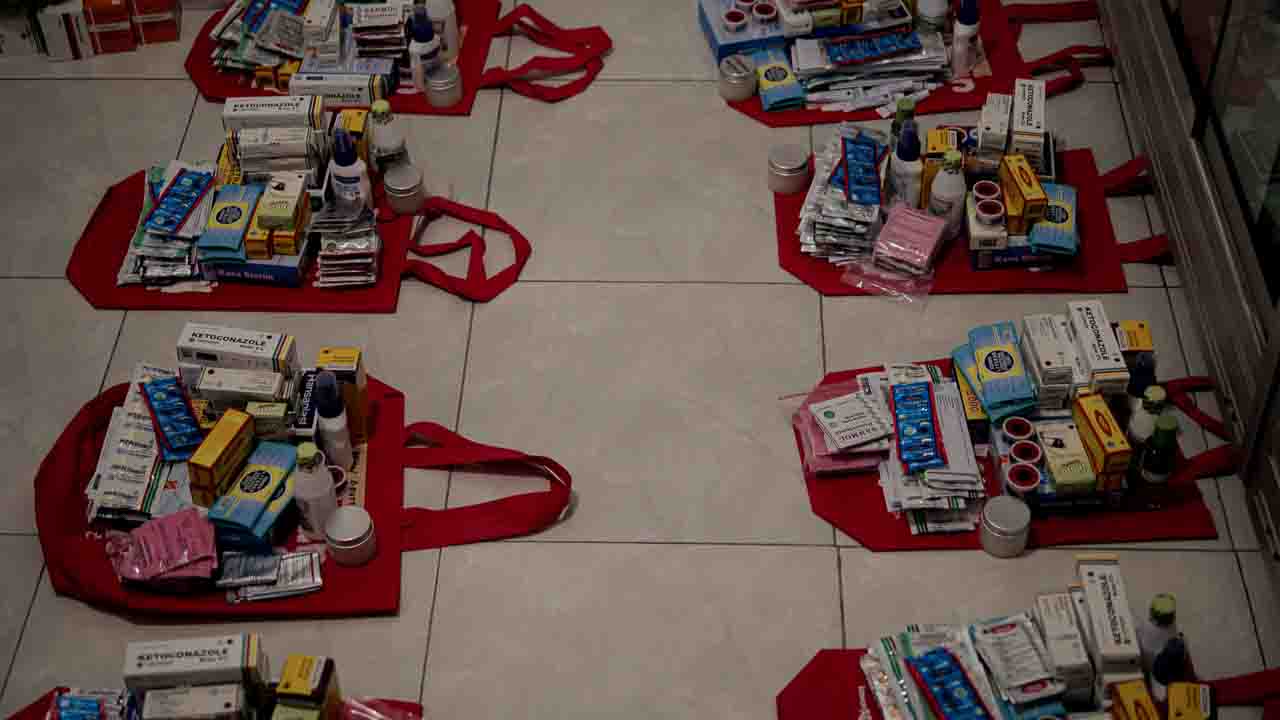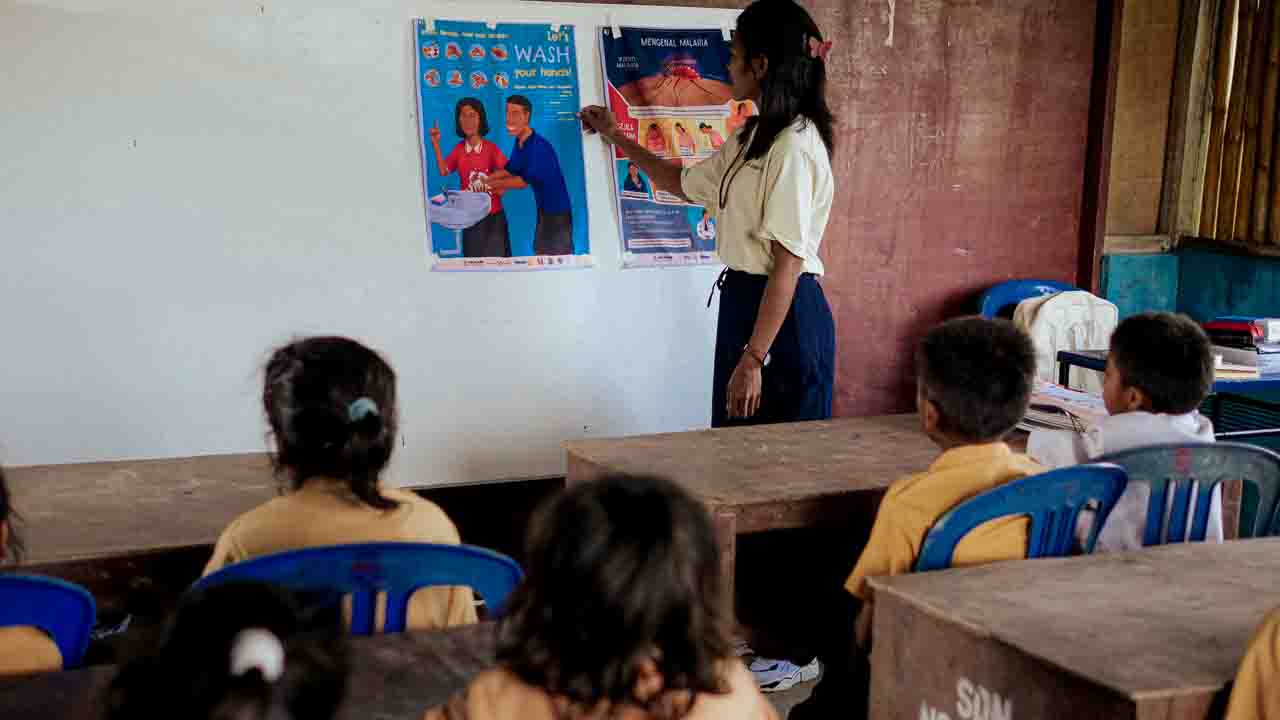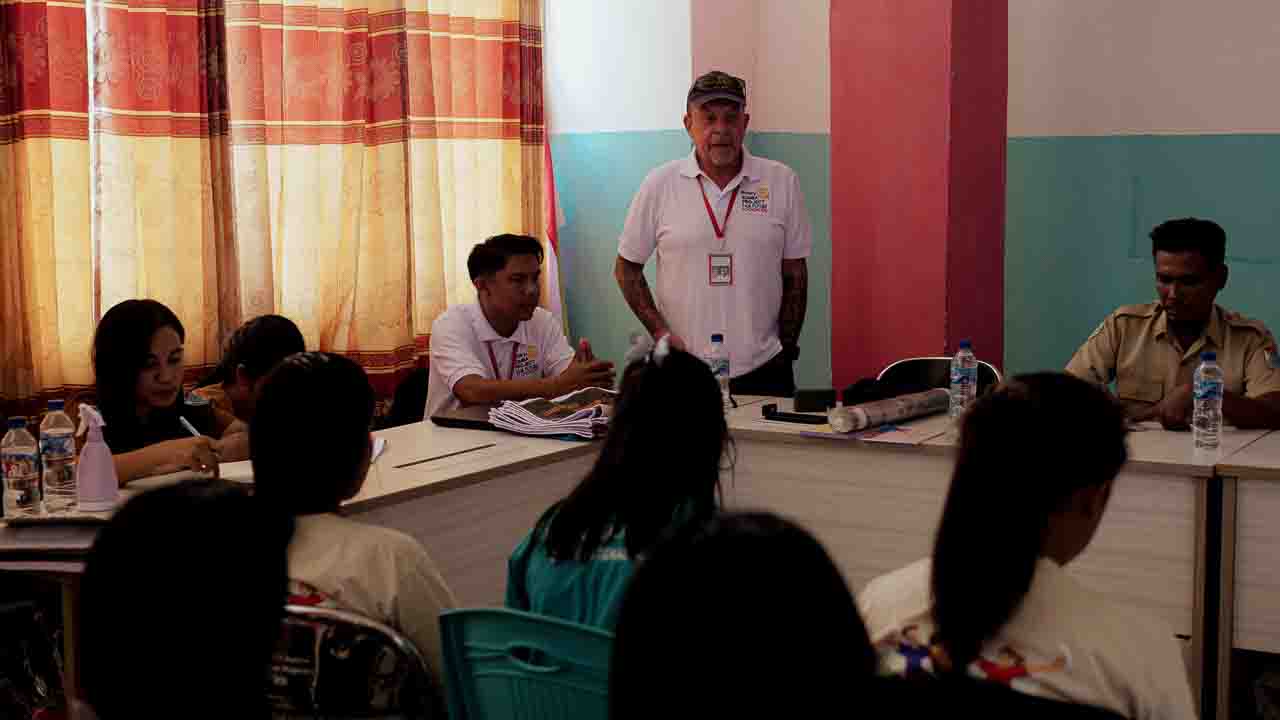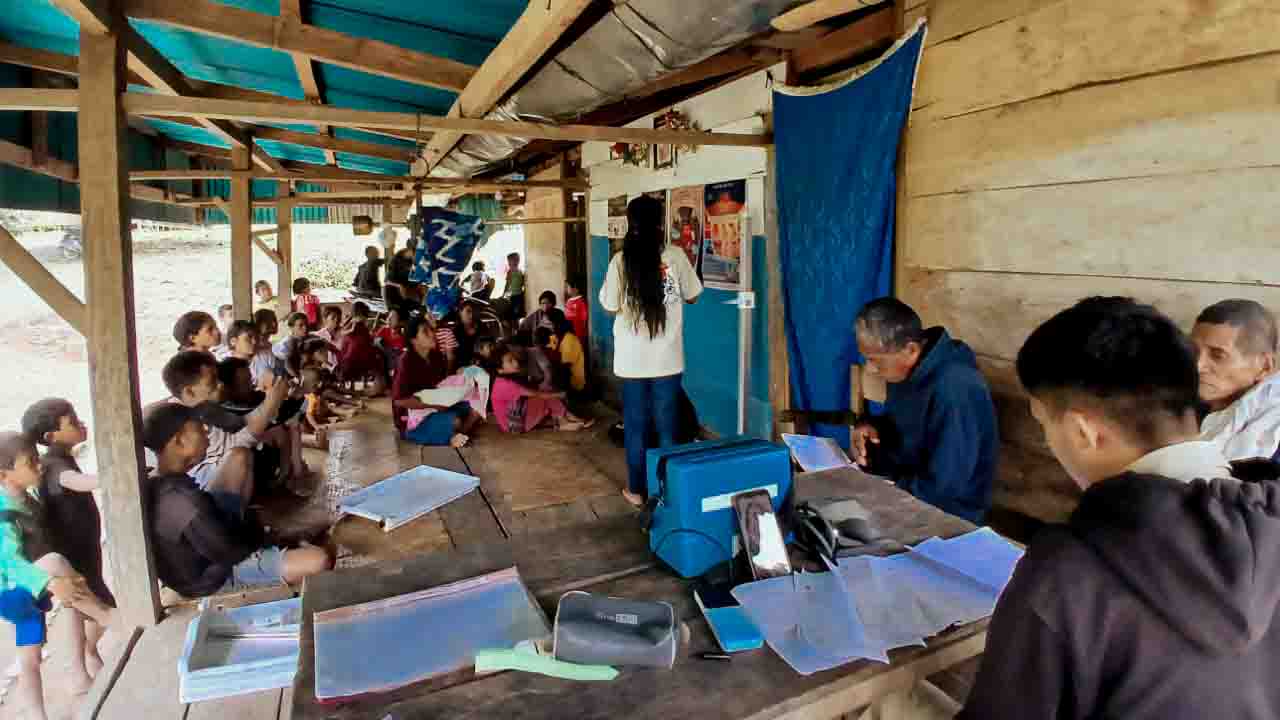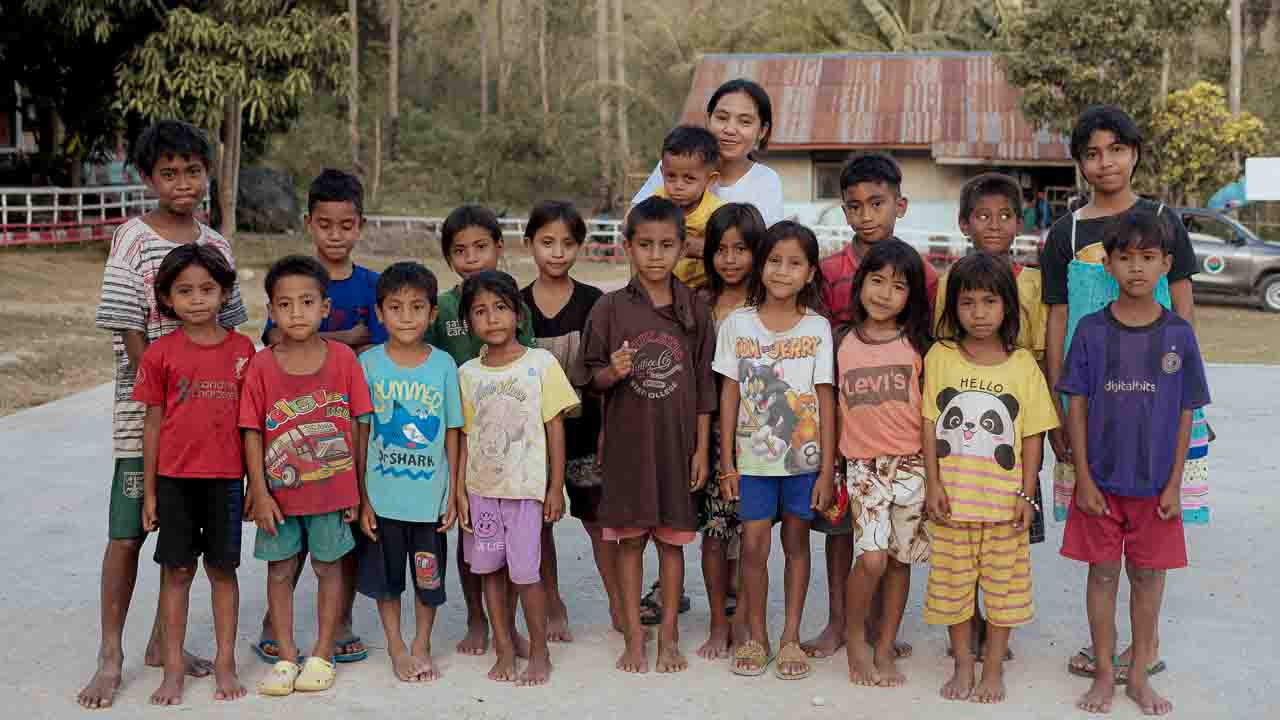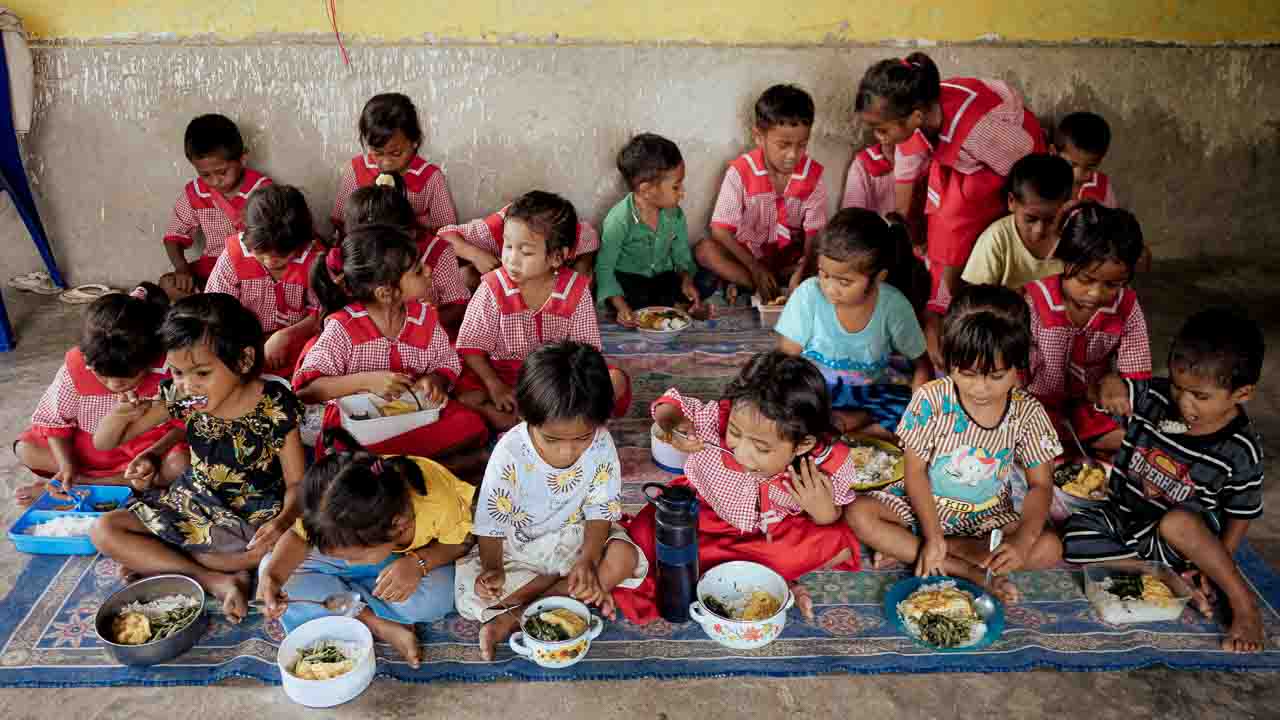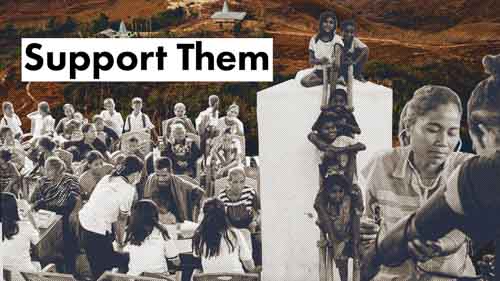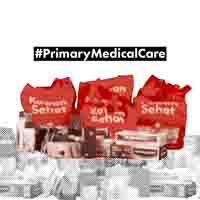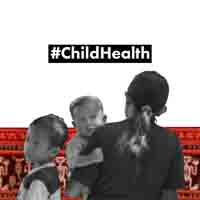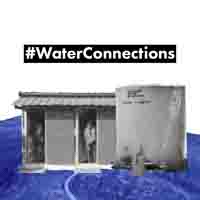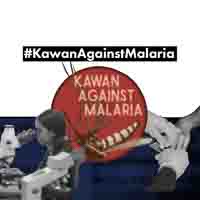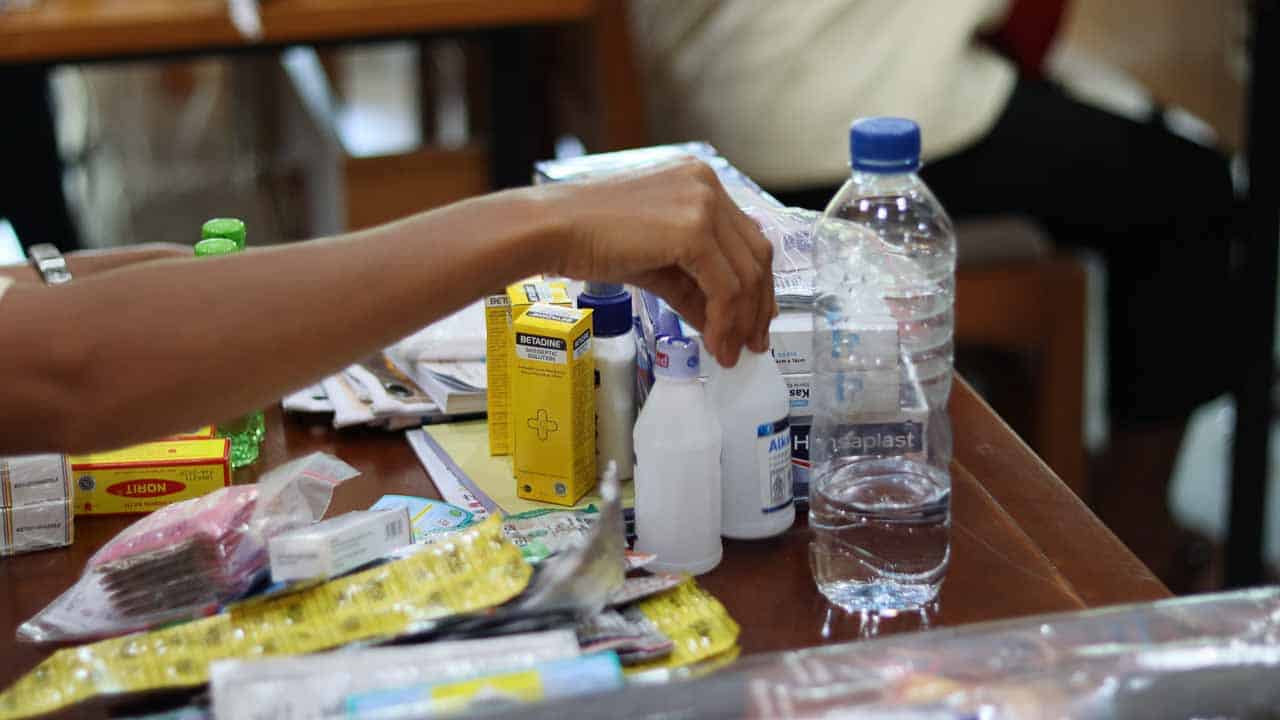Primary Medical Care East Sumba and the reality of village health
A quarterly medical report from places where the distance to care still kills
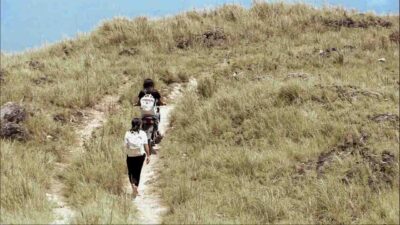
Two Kawan Sehat health agents from the Primary Medical Care program walk and ride a motorbike along a narrow path in the dry Sumba savannah, going to visit patients who cannot travel to a clinic and have no regular access to medical care.
Primary Medical Care East Sumba Quarterly Field Report
From December 2024 to March 2025, our 20 Kawan Sehat health agents documented 798 patients and 1,421 health cases in some of the most remote villages of East Sumba. Six out of ten patients were children, and nearly 60 per cent were women.
Most sought assistance for respiratory infections, fever, wounds, body pains, diarrhoea, or skin diseases. This illustrates what “no access to care” looks like when you put numbers on it.
Respiratory infections, especially in children, can quickly worsen if untreated, potentially leading to pneumonia or other complications. This highlights the importance of timely intervention and preventive education. Fevers often indicate underlying issues such as malaria or dengue, common in tropical regions like East Sumba. (See our map here)
All cases were treated at homes, schools, churches, reading gardens, or village halls. The nearest health centre is often 2-3 hours away by motorbike, and it can be unreachable during the rains. Kawan Sehat agents provide first aid, distribute medicines, and educate the community. For serious cases, they consult with our nurses or doctors via WhatsApp to organise referrals to the nearest Puskesmas (government health clinic).
This quarter, we supplied and monitored 20 agents across seven subdistricts and eight health centres, replenishing supplies via the Kawan Sehat app. We enhanced prevention efforts by introducing new posters on waste management, alcohol dangers, and passive smoking, and by holding numerous Clean and Healthy Living sessions. Children learned vital skills such as handwashing, toothbrushing, recognising malaria symptoms, identifying nutritious foods, and caring for the environment.
In collaboration with Puskesmas Kawangu and district health authorities, we organised an integrated health day during which 152 individuals received consultations, vital sign checks, blood tests for uric acid, cholesterol, and glucose, rapid malaria testing, immunisations, and maternal and child health services. Respiratory infections, muscle pains, and digestive issues were widespread. We also distributed soap and reusable clothing to the families most in need.
For this second quarter, 125,192,898 IDR were allocated for medicines, monitoring, coordination, and community health promotion. The remaining 290,579,602 IDR from received donations has already been earmarked for third-quarter activities, including new training sessions, another round of medicine distribution, monitoring visits, and new field publications.
Without this Primary Medical Care programme by Fair Future and Kawan Baik Indonesia, many cases each quarter would remain untreated or delayed. Residents would keep suffering from infections, pain, wounds, chronic issues, and a lack of preventive info. With Kawan Sehat, healthcare and medical knowledge are accessible within communities, shared by local residents.
By 2026, we plan to expand our Kawan Sehat team from 20 to 30 agents. This will reach more villages, protect more children, offer mothers reassurance during nighttime fevers, and provide data for public health decisions.
The full quarterly report is available for download, showing medical data, activities, budgets, and financial justifications. This transparency demonstrates what your trust makes possible, family by family.
Today, the 7th of November 2025 – Alex Wettstein
Village health data that changes decisions
Every consultation recorded by Kawan Sehat agents serves as evidence that these remote families are part of the health system. This quarterly report is not only about numbers, it is a tool to negotiate more medicines, more support and more political attention for the villages that are usually forgotten. Click here to read this report
Primary medical care in ultra remote East Sumba villages
List of Related Organisations with Hyperlinks
- SolarBuddy: Supplies solar lights to children around the world living in energy poverty.
- BAKTI Kominfo: The national agency responsible for broadband access and rural school connectivity in Indonesia.
- Rotary International: An international network funding projects in clean water, health, and education.
- Lighting Global: Provides standards and data on quality off-grid solar energy worldwide.
- WHO – Energy and health: Connects energy access to water safety, disease prevention, and healthcare.
- UNICEF WASH: Focuses on enhancing child health through safe water and sanitation.
- Smart Energy Tech: Develops and deploys solar solutions for remote locations across Indonesia.



